
From Confusion to Clarity: Avoid Greenwashing and Turn Sustainable Travel Intentions into Action
Reports after reports show that travelers increasingly want sustainable travel options. Yet they are confused by the information they see on social media, causing them not to take the actions they should.
Kantar's 2022 Sustainability Sector Index reveals a striking contradiction in the Asia Pacific region. Despite 98% of consumers expressing readiness for a more sustainable lifestyle, only 17% actively change their behavior to align with it.
Additionally, a significant 58% struggle to differentiate between environmentally friendly products and those that are not.
The report highlights this intention-action gap arises from lack of information, transparency, and concerns about higher costs.
In our view, travel marketers and hoteliers have a powerful opportunity: not only align their business goals with responsible operation but also promote their business authentically.
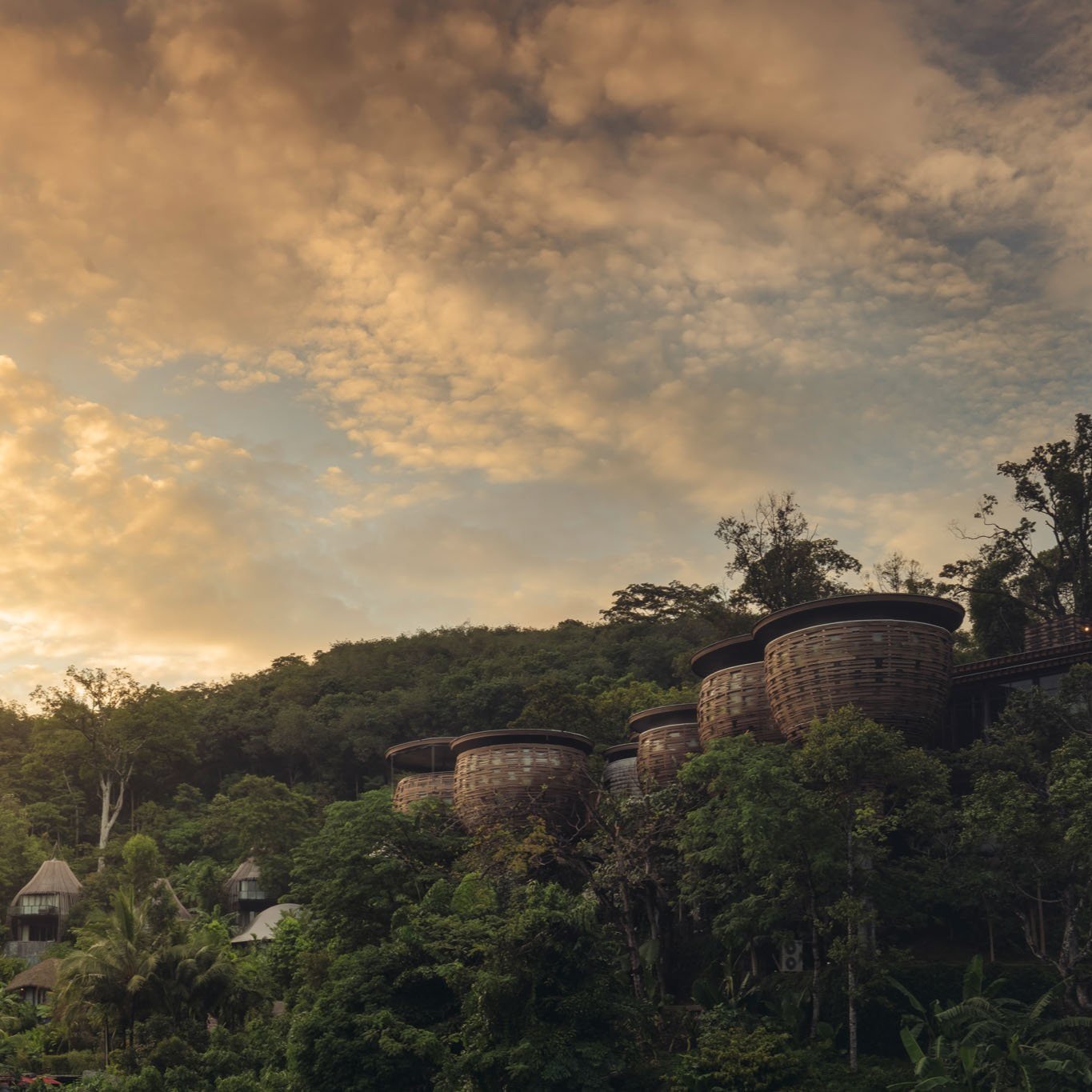
Should Hotels Collaborate with OTAs or Move Away from Them?
With the rise of Online Travel Agencies (OTAs), hotels are enjoying increased bookings and exposure. However, high commission fees and limited control over pricing present significant challenges.
OTAs offer benefits such as increased visibility and advanced marketing tools. However, the costs can be steep, impacting profit margins. Additionally, the increase in mass tourism can dilute brand uniqueness and strain local environments.
But here's the million-dollar question—should hotels continue to partner with OTAs, or should they focus on direct bookings and sustainable practices?
This article dives deep into strategies that align with sustainability while maximizing revenue potential.
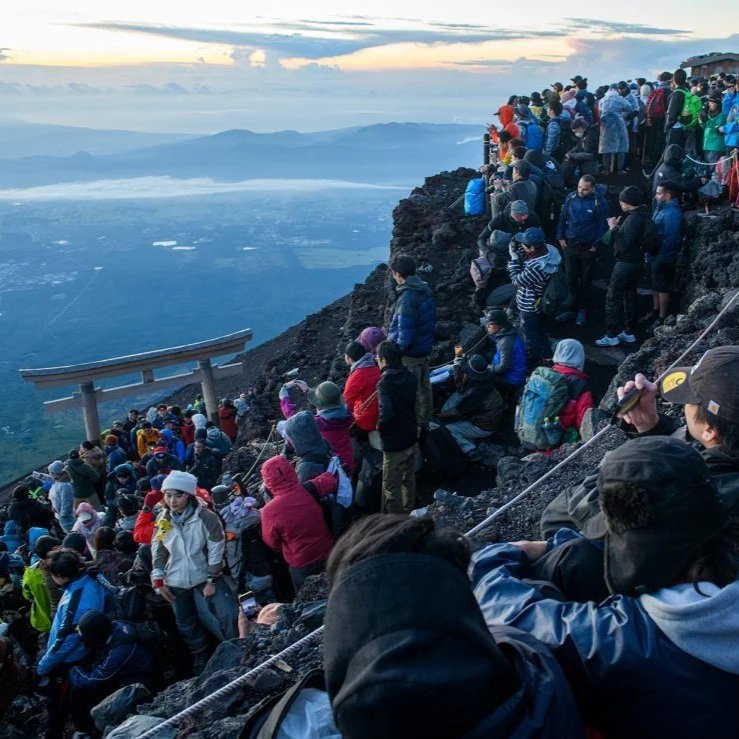
From Awe to Overload: How Asia’s Popular Destinations Are Handling Overtourism
Asian countries, reopening for tourism later than Europe post-COVID-19, have seen overtourism in popular destinations like Bali, Phuket, and key tourist hotspots in Japan.
However, experts advise defining overtourism beyond physical carrying capacity, which means a maximum number of visitors a site can accommodate without significant deterioration, to include environmental and social carrying capacities, considering the long-term ecological damage and community tolerance levels.
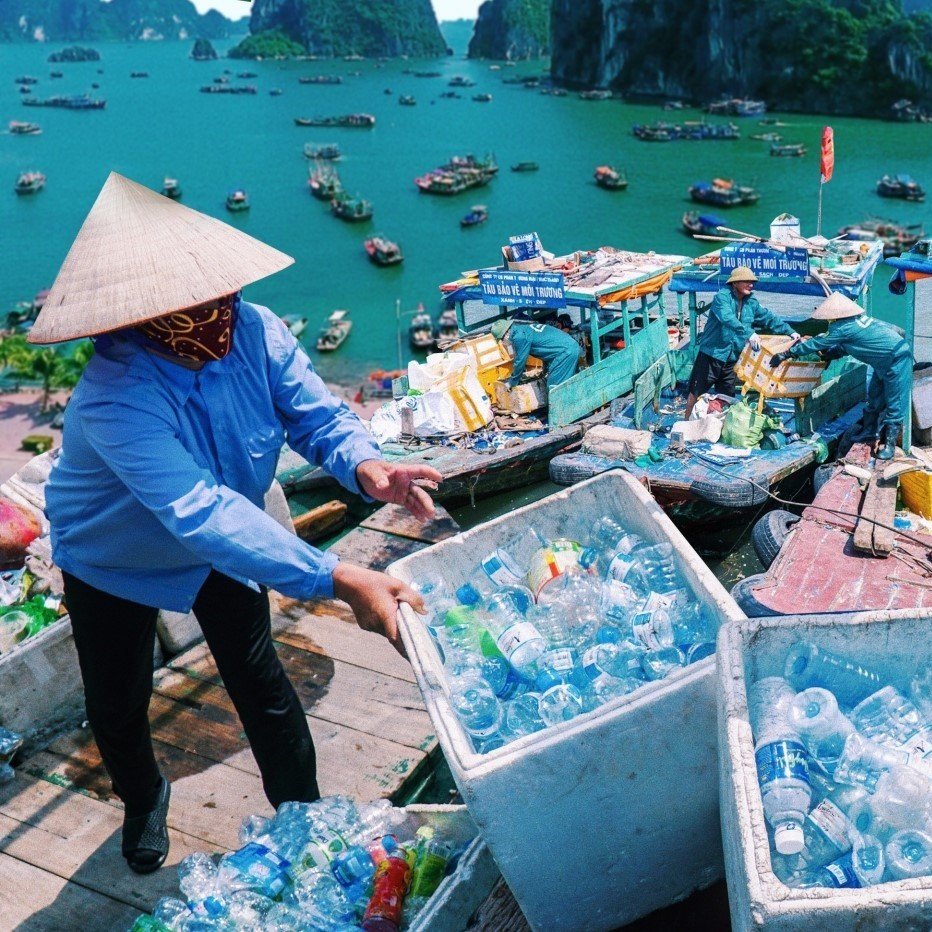
Solution to Plastic Pollution: Make Plastics Obsolete
Is it 1,000 tons of plastic in the Great Pacific Garbage Patch or 2,000 tons? Does it matter anymore at this point? Plastics and microplastics permeate every aspect of all life on earth.
Some may ask: what’s the harm of plastics anyway? Are we living with them already?
This issue is not just about unsightly litter; it's a major contributor to the broader climate and health crises that we all face.
For an industry that depends on the beauty and health of our planet, the travel sector has a special responsibility and opportunity to take the lead in tackling this problem.
Travel and hospitality companies play a vital role as guardians of our planet's landscapes and ecosystems. Taking decisive action to reduce plastic dependency is essential for preserving the beauty and health of our planet.

Love Wins in Thailand. Ripple Effects on APAC Travel Industry?
Thailand’s parliament has overwhelmingly approved a bill legalizing same-sex marriage, making it the first Southeast Asian nation to do so. This historic decision allows same-sex couples to marry, adopt children, and inherit property, marking a significant step toward social inclusion and equality.
The global LGBTQ+ tourism market is projected to reach US$568.5 billion by 2030. The UN Tourism Organization's 2017 report highlights that marriage equality legislation signals acceptance of ethnic and sexual minorities, enhancing a destination's brand image and attracting more LGBTQ+ visitors.
Thailand’s travel industry, already a key economic sector, stands to benefit from this influx of LGBTQ+ tourists.
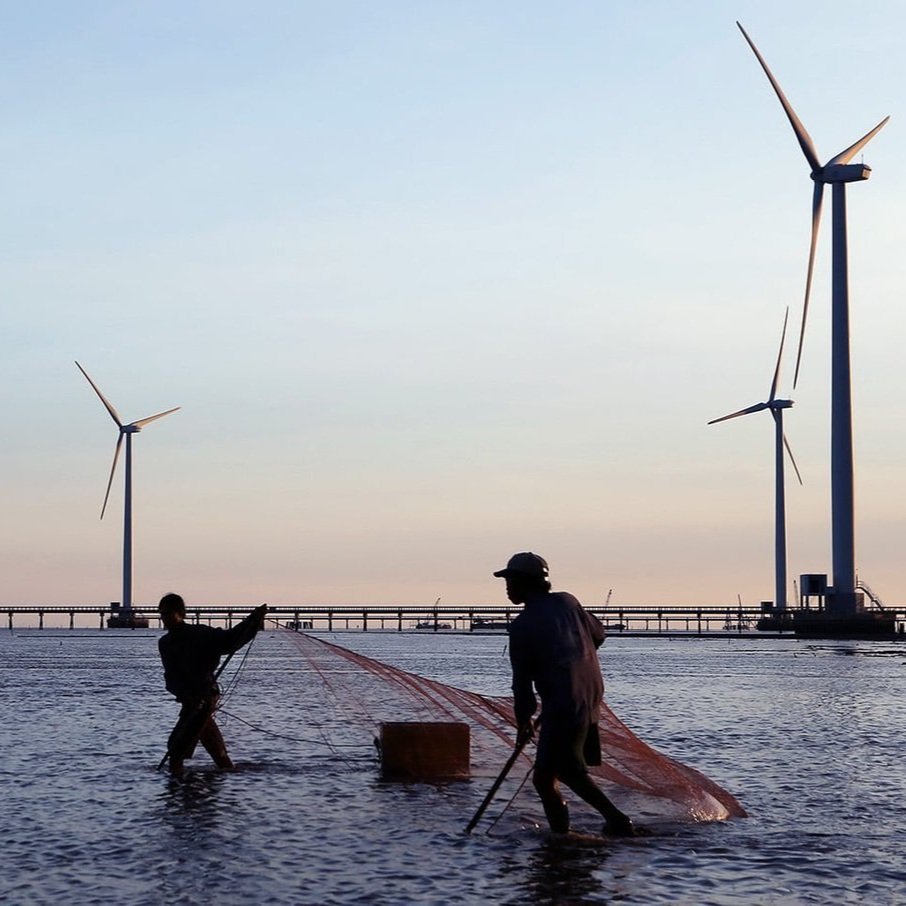
The Travel Industry's Carbon Conundrum: 5 Uncomfortable Facts
Behind the glamor of international flights and luxury accommodations lies a pressing concern: greenhouse gas (GHG) emissions.
The travel industry faces an inconvenient truth: its environmental impact must be addressed.
We acknowledge that GHG emissions and GHG-related topics are a set of complex issues. I hope that by sharing our observations and learnings with you as openly and honestly as we can, we'll be able to accelerate the industry's transition to the new climate economy.
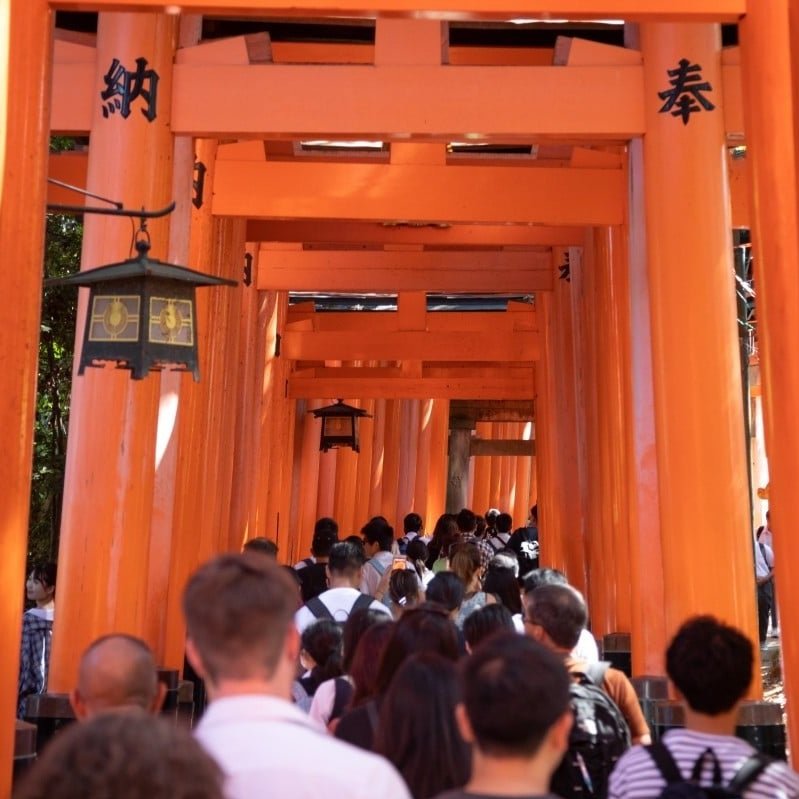
A Closer Look: A Travel Boom or Overtourism in Japan?
Japan's recent surge in tourism has captured global attention, with travelers ranging from celebrities like Oprah and Beyoncé to my Millennial and Gen-Z Asian colleagues flocking to its shores.
Yet, alongside the economic benefits, this influx has brought about challenges that demand careful consideration.
A report from NHK shows that skyrocketing land prices in major cities such as Tokyo, Kyoto, and Osaka reflect the growing demand for luxury accommodations.
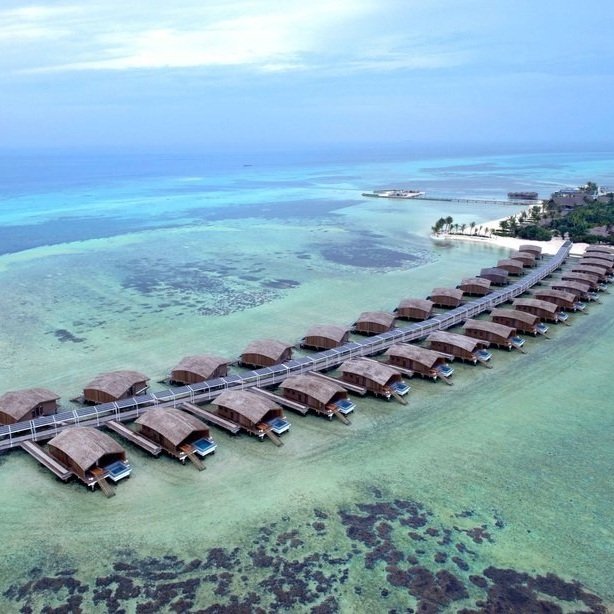
The Race to Net Zero: Clean Energy Transition Challenges and Strategies for Hotels
Reducing carbon emissions is the number one remedy to fight climate change. With the energy sector accounting for over 70% of global carbon emissions, it is important to address this head-on.
A recent study by the International Tourism Partnership suggests that the global hospitality industry must decrease emissions by 66 percent by 2030 to limit global warming to no more than two degrees Celsius, which is the threshold as outlined in the Paris Climate Accords.

Feeding Innovation: Inside Hospitality's Fight Against Food Waste
On a global scale, approximately one-third of all food produced for human consumption goes to waste, yet hunger afflicts one in ten, according to the United Nations agencies.
This paradox is even more pronounced in Asia, where 375 million people grappled with hunger in 2020, a number larger than the entire population of the United States. The COVID-19 crisis has only worsened the crisis.
Moral reasons aside, food waste emits methane upon decomposition, contributing to global warming. If quantified as a nation, food waste would rank third in carbon emissions, trailing only the US and China, per the World Food Programme.
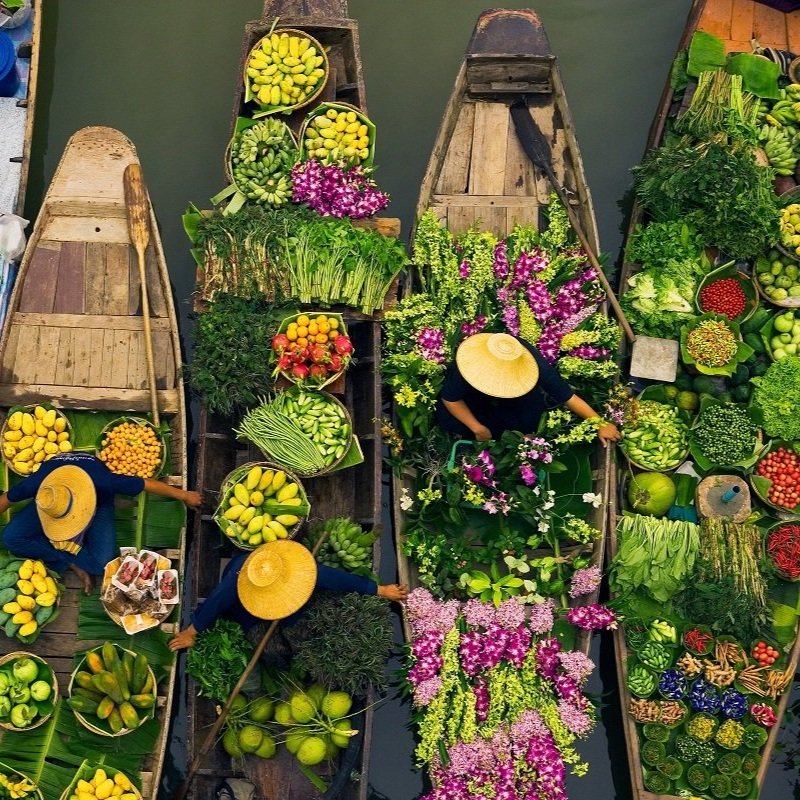
What Hospitality Businesses Must Know To Support Sustainable Food Systems, in 3 Charts.
Hospitality businesses have a superpower: they can choose where they get their food from, and what kind of food and experience they serve to people.
The Travel & Tourism sector generated 7 trillion USD, representing 7.6% of the global GDP, according to the recent figures published by the World Travel and Tourism Council (WTTC).
In 2019, the tourism sector was responsible for 1 out of every 4 newly created jobs, as reported by the International Labor Organization.
Asia accounts for half of the global food market, and the growing appetite for beef in many of its emerging middle-income countries has resulted in deforestation of the Amazon.
When a hotel or restaurant decides to prioritize locally sourced, sustainably produced ingredients, it sends a message to suppliers and farmers that there is demand for such products.
At the same time, it plays a key role in informing consumers of conscious consumption.

Sustainable Travel in Urban vs. Rural Areas: A Comparative Analysis
As the world continues to urbanize rapidly, it is crucial to examine the impact of travel and tourism on both urban and rural environments. Sustainable travel is gaining momentum, and understanding the differences in priorities between urban and rural communities can help the industry develop tailored strategies.
This article will explore sustainable travel in these two different environments and provide a comparative analysis of their respective challenges and opportunities.

